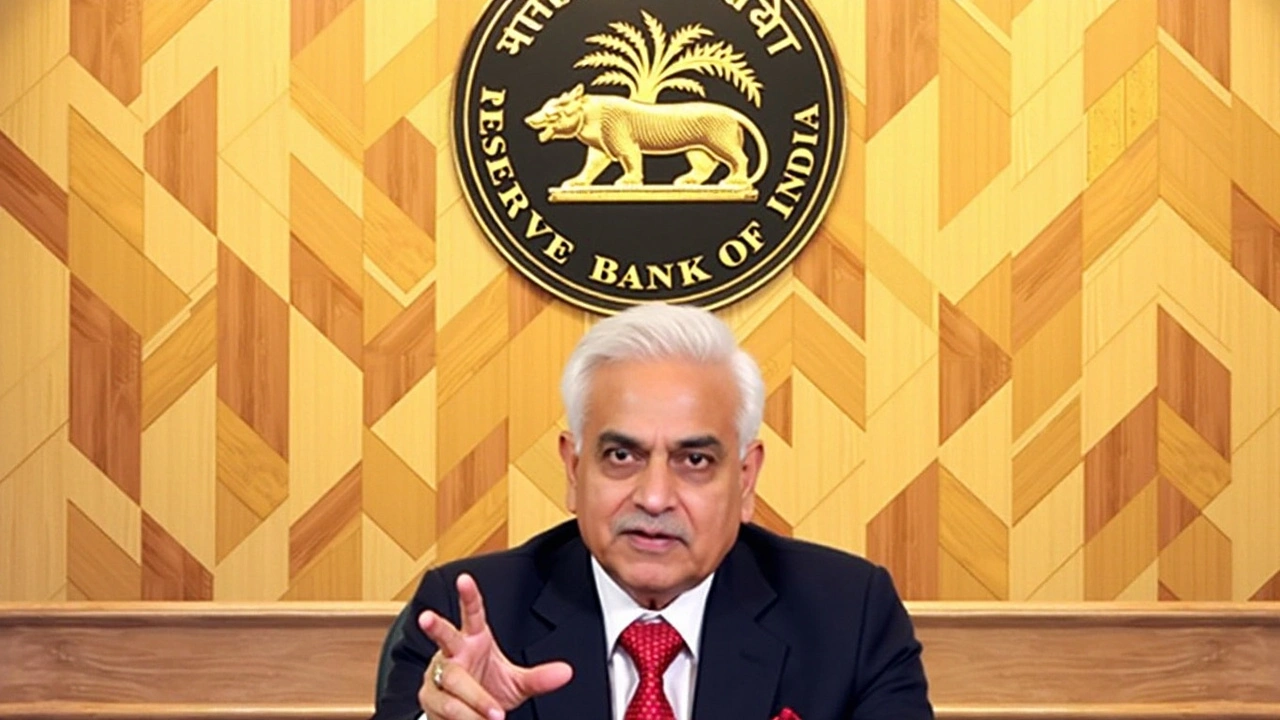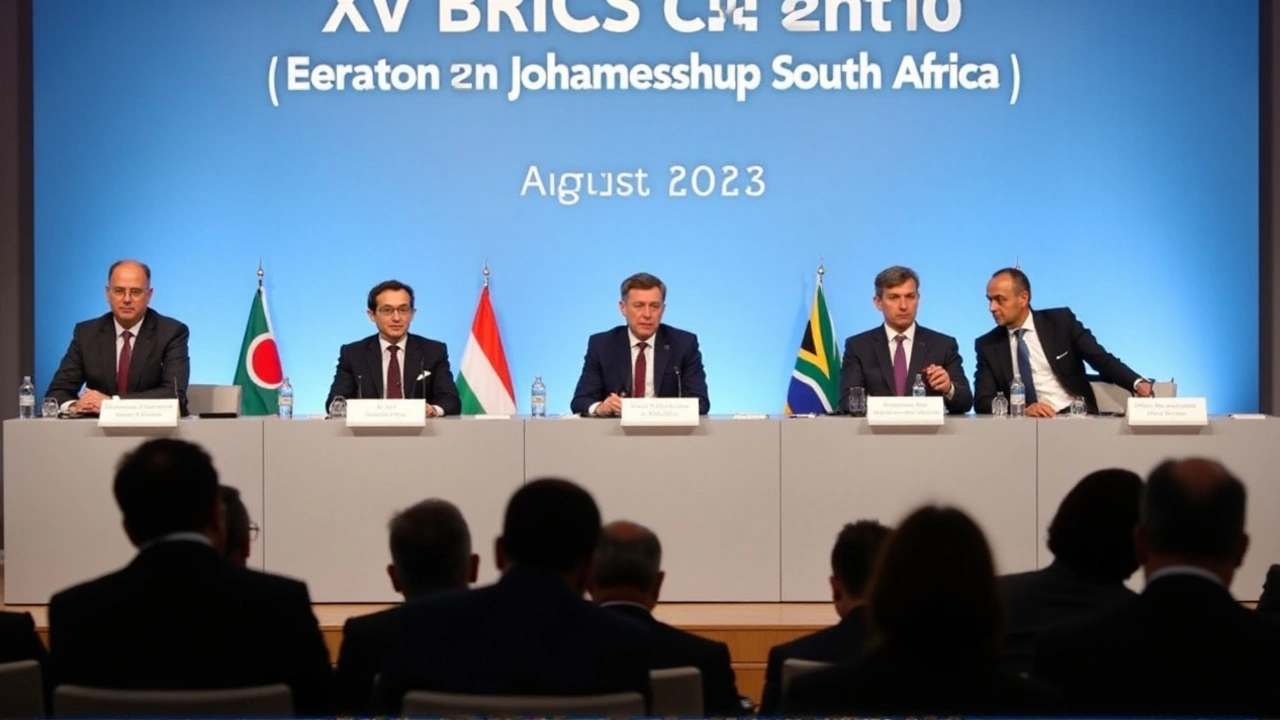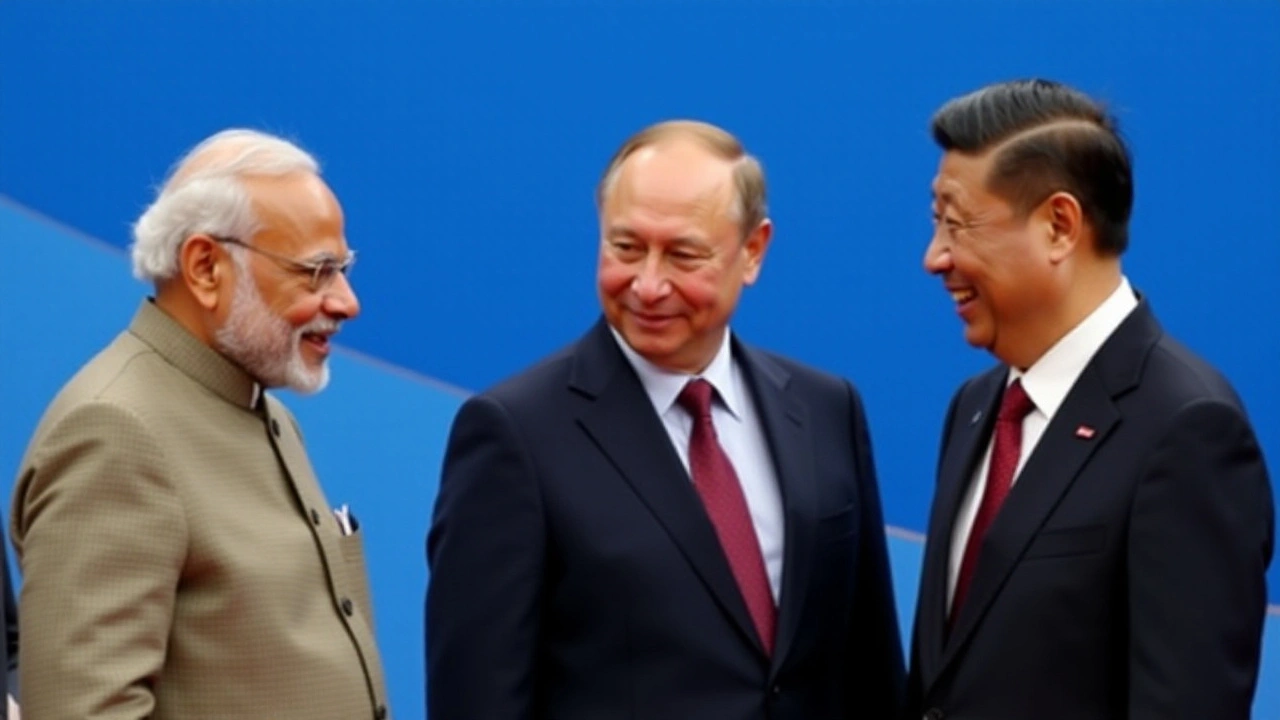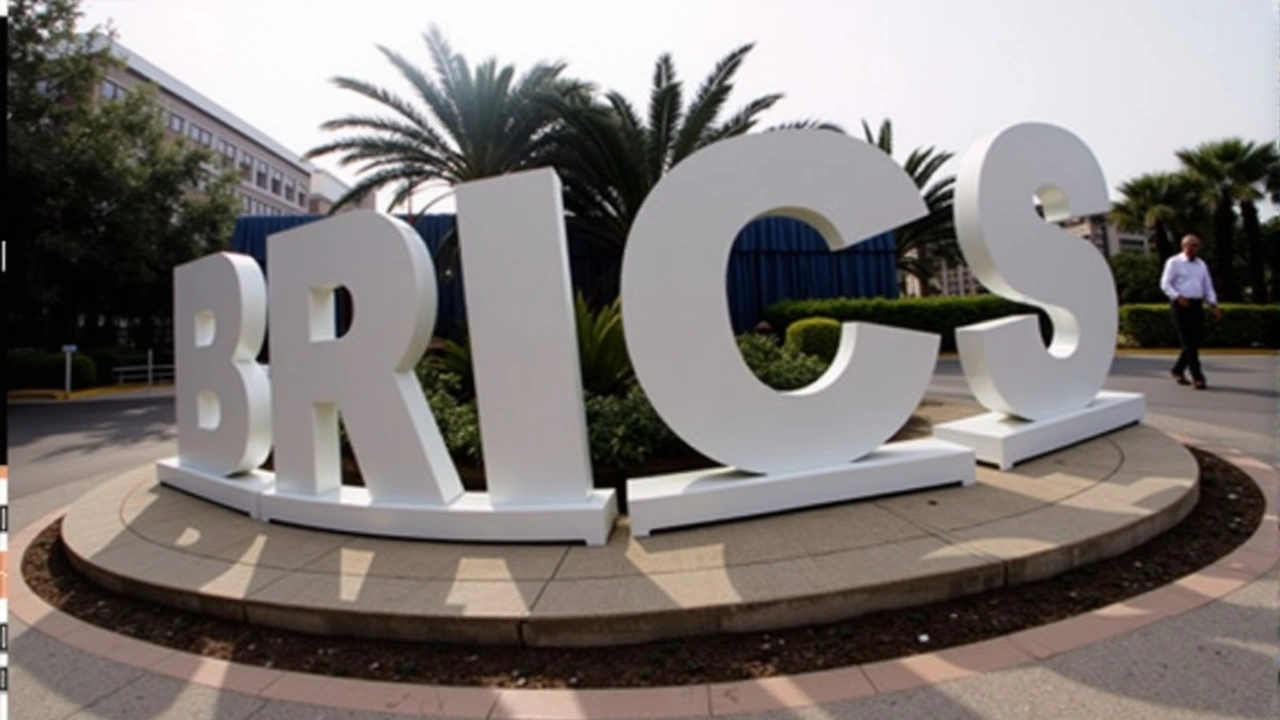India's Position on BRICS Currency Proposal
In recent developments, India has moved swiftly to temper discussions regarding the BRICS countries' potential pursuit of a common currency. The proposal, which has caused significant stirrings internationally, notably drew the ire of then U.S. President-elect Donald Trump. Trump, known for his fiery rhetoric, threatened to enact a formidable 100% tariff on the BRICS nations should they advance in their pursuit to challenge the dominance of the U.S. dollar. However, the Indian government has reassured international markets and diplomatic circles that these discussions should not be misinterpreted as an aggressive stance against the dollar.
Focus on Strengthening Financial Cooperation
Officials in India have reiterated that the main crux of BRICS’ agenda is to strengthen financial cooperation among its member states, which include Brazil, Russia, India, China, and South Africa. These discussions, Indian representatives claim, are primarily aimed at improving financial mechanisms and do not reflect an intention to undermine the U.S. dollar's global standing. India, being a key player within this bloc, finds itself in a delicate balancing act, ensuring diplomatic harmony with its strong economic ties with the U.S., while also pursuing regional cooperation objectives.

Logistical Challenges of a BRICS Currency
The logistics of establishing a unified currency across BRICS nations present significant challenges. Despite these countries sharing a common interest in enhancing financial resilience and reducing dependency on the dollar, the diversity in economic structures, political landscapes, and regional priorities make the fruition of such a monetary union highly unlikely. Each of the BRICS nations operates under markedly different economic conditions, from China's tightly regulated currency controls to Brazil's volatile economic aura, thus making consensus exceedingly difficult.
Trump's Threats Met with Skepticism
The warnings issued by Trump have been met with considerable skepticism among economic analysts and experts. Many view his remarks as more emblematic than substantive, forecasting limited to no actual consequence given the impractical nature of imposing tariffs and the even less feasible reality of the BRICS currency plan coming to fruition. Experts argue that such a bold move could, paradoxically, alienate the U.S. further from these emerging economies, providing a counterproductive result in stimulating bilateral economic deals.

The Kremlin's Response to American Pressure
Russia, a pivotal member of the BRICS alliance, has been vocal in its response to U.S. declarations. Dmitry Peskov, the Kremlin’s spokesperson, emphasized that any presumptuous attempts by the U.S. to exert influence over sovereign nations' currency choices could have rebound effects. He accentuates that the international allure of the U.S. dollar as a reserve currency is not steadfast but rather showing signs of wane, especially amid the political and fiscal policies of isolationism.
Pragmatic Alternatives to Currency Unification
The BRICS countries have thus shifted focus towards more pragmatic methods of facilitating financial transactions and settlements within the bloc. Rather than an outright currency unification, the group's financial deliberations are aimed at reducing transaction costs, simplifying procedures, and enhancing economic integration through alternative systems, such as bilateral trade agreements valued in local currencies. This strategy not only promotes regional economic cohesion but also builds a financial framework that nurtures growth without isolating major economic partners like the U.S.

Future of BRICS Economic Integration
As the BRICS nations navigate these multifaceted discussions, their unified approach towards bolstering economic ties remains paramount. Their dialogues, although initially appearing challenging, reflect a consortium of nations with a shared vision - to create more resilient economies resistant to global shocks. Nonetheless, while the BRICS currency narrative garners attention, it is evident that practical regional financial integration carries a greater likelihood of development in the times ahead.
Impact on International Economic Dynamics
These developments signal a shift in the dynamics of international economics, demonstrating an era where emerging economies are both learning and asserting their strength within the global landscape. The discussions, whether directed towards monetary innovation or integrative financial practices, exemplify the evolving roles and ambitions of BRICS as a key player on the world stage. Observers worldwide continue to watch with keen interest as these countries redefine their narrative on economic resilience and cooperation.










Write a comment